Time Well Spent
Time is a funny thing at the moment. In some ways, some days, it seems to be going fast and in other ways, on other days it seems to be going slow. In this article I want to reflect on what time means to us and how we use it. This does not mean that I am going to suggest you should be using your time just now to learn a new skill, write a book or get super fit. However, I do want to offer you some insights and questions to think about time and how you use it. If you need to hunker down or write a book, either will be great as long as that’s what’s right for you now.
“ Time is what we want most, but what we use worst ”
— William Penn
We live in a world where there is a strong narrative around busyness and being time poor. Busyness has become a status symbol. How many times do you answer the question ‘how are you?’ with ‘busy’?
Why do we feel so time poor?
One reason is that we have so much information coming at us all the time, social media, emails, notifications, 24hour news streams etc. All this information creates a demand on our time, or at least a perceived demand on our time. We also have a tendency to contaminate our time – how often do you watch TV while checking your emails, scrolling social media or replying to messages? When did you last watch a film, uninterrupted? I read somewhere that smartphones eat 60% of our time… yes 60%!
We have all have some ‘free time’ at our disposal but do we use it in a way that feels good? In some ways, some ofyou will have more free time than normal (even if it feels like less at times). If nothing else none of us are currently commuting to work so we have this time. I want to offer the following extract from Mihaly Csikszentmihalyi (Flow, 1990):
“the popular assumption is that no skills are involved in enjoying free time, and that anybody can do it. Yet the evidence suggests the opposite: free time is more difficult to enjoy than work. Having leisure at one’s disposal does not improve the quality of life unless one knows how to use it effectively, and it is by no means something one learns automatically”
— Csikszentmihalyi
Csikszentmihalyi is suggesting that while in modern life we have a good amount of free time or leisure time, we don’t really know how to use it. Unless we know what nurtures us and how to use our time well for leisure, then more time is not necessarily going to make us feel good or better.
Which experiences bring you joy and success?
Which do not?
What is bringing you joy at the moment? (It doesn’t matter how big or small it is).
Superfood your time
Without getting into the science (or not) of superfoods we can probably all agree that there are foods that aid our wellbeing and others that don’t. Time is our most precious resource, it’s non-renewable. Time passes, we can’t get it back or get more of it. Do you give as much consideration into how you use your time as you do what you eat?
Junk food gives us empty calories, too much junk food has negative consequences for our health and wellbeing. Superfoods gives us nutrients and energy and aid our wellbeing. How can you superfood your time?
Thinking about how you are spending your time at the moment:
What things do you do that support your wellbeing?
What things are ‘junk’ or ‘empty’ experiences?
How is your time balanced at the moment?
What might you do that would support your wellbeing further?
